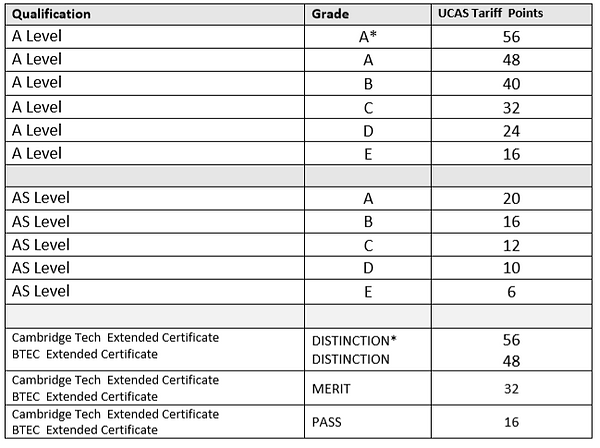Curriculum
The Ilfracombe Academy offers students a broad and balanced curriculum to support their wide variety of interests and career aspirations. Our range of courses cater for all students, ensuring their time in Sixth Form is both academically challenging and enjoyable. We strive to provide all our students with ample opportunities to celebrate creativity, diversity and independence.
We offer highly successful courses in a wide range of A Level subjects, which support progression to university and have a proud track record of delivering positive outcomes in even the most academic subjects. We also offer a range of more vocational and practical BTEC subjects. These courses are mainly assessed through ongoing coursework and practical assignments rather than just exams.
Both qualification types (A level and BTECs) are stepping stones to higher education, apprenticeships and the world of work.
Study Programme
The collection of different courses a student takes in the Sixth Form is called a ‘Study Programme’. Within a study programme, students are expected to study three subjects though certain students may wish to consider studying a fourth subject. Students can choose a study programme of A Levels only, vocational courses only or a combination of the two. Each subject has four timetabled teaching hours a week as well as two timetabled ‘Independent Study’ periods.
Level 3 Courses
All the courses offered in the Sixth Form are Level 3 qualifications. These are a step up from GCSEs and a stepping-stone to higher education and university. Level 3 courses include both traditional A-levels and more vocational BTEC qualifications. Please refer to the Post 16 Options Booklet for the most up-to-date list of courses available.
Entry Requirements
Please refer to the Post 16 Options Booklet for the most up-to-date guidance on Entry Requirements.
English and Maths Resits
Students who do not obtain a Grade 4 or higher in GCSE English or Maths at the end of Year 11, are required to re-sit these examinations alongside their post-16 studies. However, ideally, all students wishing to progress into the Sixth Form will have gained at least a Grade 4 in both English and Maths so that they can focus on their chosen Level 3 qualifications.
Students who have not passed English or Maths will have compulsory GCSE re-sit lessons on their timetable. These lessons support them in their preparation for re-sit examinations. We always aim to minimise clashes in Year 12 between GCSE re-sit lessons and Level 3 qualification lessons. There are opportunities to re-sit in November and June of Year 12.
We highly recommend that students fully engage in the GCSE re-sit support on offer throughout Year 12. Any student that does not pass GCSE English or Maths in Year 12 will be required to attend re-sit lessons again during Year 13. In Year 13 it is likely that these lessons will clash with some Level 3 qualification lessons; in such circumstances, students are expected to attend the re-sit classes until they have passed the GCSE.
UCAS Points










